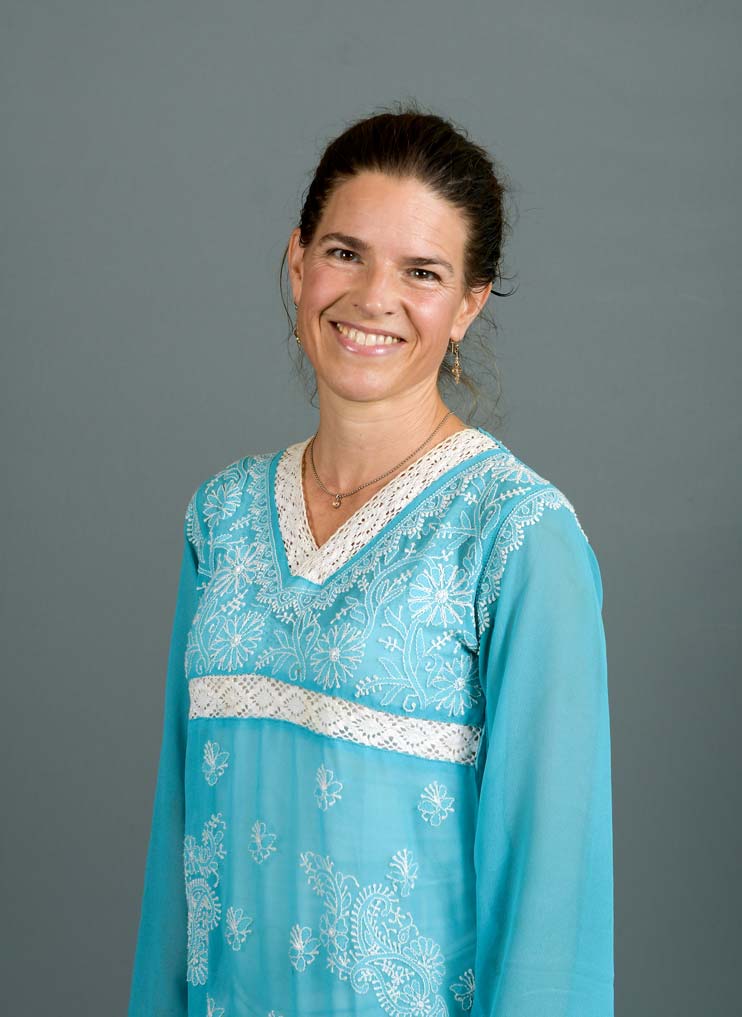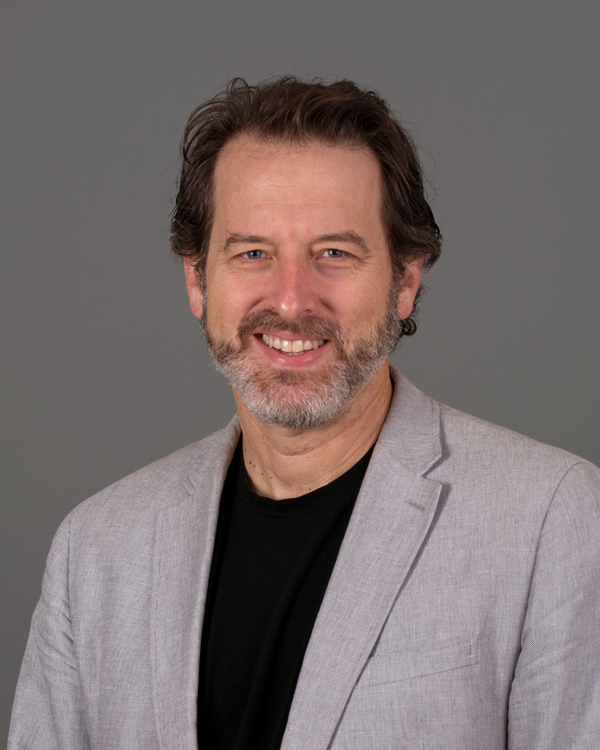Today’s blog is written by Malynn Utzinger, Director of Integrative Practices, and Tim Weitzel, ESI Architect.

Last month we wrote about the first of three pillars of ESI Self-Mastery: Recognizing and Owning What You Already Have/Are/Do. In this blog, we offer some thoughts on the second pillar: continuously growing our ESI knowledge and skill.
The ESI Wheel
Growing one’s ESI knowledge and skill can encompass a broad diversity of study, practices, and activities. In our ESI Wheel, we focus on five key areas as depicted in the ESI Wheel below.

- Mindfulness is the axle upon which everything turns. Everything we have done and everything we will do with ESI is fundamentally about mindfulness and being more present to the current moment.
- Self-Awareness is being more mindful about our immediate experience—how we are feeling emotionally, recognizing when we are getting triggered and by what, etc. It is also understanding the bigger picture of our lives, “what we want to do when we grow up,” what our needs are in relationship with others, and more. Mindfulness in this area is the ground on which everything else is built.
- Self-Mastery, once we are self-aware, is exercising mindfulness to determine whether our current state of experience is where we want or need need to be. If it is not, then Self-Mastery is using our ESI practices to intentionally regulate our experience. It is growing the inner resources of self-confidence, calm, peace of mind, courage, (whatever you need) in the moment we need it or over a lifetime.
- Other Awareness is exercising mindfulness towards our fellow humans (and non-humans, too). We use our empathy (understanding what others are experiencing) and our compassion (caring what their experience is) to dissolve the barriers of aversion, neurotic attachment, or indifference that keeps us separated from one and other. Other awareness is recognizing that we are all in the same boat, and that when we care about other peoples’ experience, we are also caring about our own.
- Relationship Management is the culmination of the previous four components. By exercising self-awareness, self-mastery, and other awareness, we are now in a much stronger position to mindfully and effectively engage others. Mindfulness in relationship management helps us determine the best approach to working with others. Do I need to be strong and assertive here? Or is a more amiable and collaborative approach in order?
All the above culminates in work climates and relationships imbued with emotional and social intelligence.
Following your own curiosity
Fundamentally, ESI is mindfulness about life and all the relationships that encompasses, with ourselves, with others, with the non-human world, and more. There are nearly infinite resources out there: books, videos, workshops and retreats, hobbies (art, biking . . . you name it) that would help you develop and grow your ESI mindfulness toolkit. Go have a blast! Stuff your toolbox until it resembles a cornucopia!
This blog is part of an ongoing series on Emotional and Social Intelligence.
Explore the previous installments of the series:
- Enlivening Ourselves in Times of Change
- Optimism: A Gateway to Self-Actualization
- The Most Important Decision We Make
- The Impact of Positive Self-Talk: A Next-Level Story
- Three Pillars of ESI Mastery: Part One

As a Family Medicine physician and Director of Integrative Practices for Promega, Malynn thinks of herself as one who stands with a foot on either side of the chasms we humans encounter in life, helping us stitch together our worlds, our words, and our ways of being with each other. At Promega, her work in ESI has focused on helping people begin with self-understanding and move toward better understanding of others, ultimately supporting the roots and branches of a vibrant work community in which people feel belonging and a high sense of contribution. Malynn has worked in Family Medicine, Integrative Medicine, and Preventive Oncology at the UW, as the Director of Women’s Health for the Chopra Center in San Diego, as a consultant in integrative medicine and emotional intelligence for GHC and Eileen Fisher in NYC, and in research at Planetree and the Preventive Medicine Research Institute of San Francisco. She now lives in Madison, WI with her husband and son.

Tim is Promega’s ESI Architect, and he has spent his entire 30+ year career in Cultural Development Consulting, Executive Coaching, Executive Assessment, and Leadership development. From the beginning, he has stressed authenticity, courage, compassion and connection both in his approach with clients as well as being the foundation for excellent and sustainable leadership. He works with his clients using a variety of tools such as Depth Psychology, Day-in-the-Life Simulation Assessment, 360 Feedback, Personality Inventories and more to identify strengths and development gaps that create focused organizational change and/or learning goals. Tim has coached people at all levels and consulted in many top companies including Promega, Marriott, Walmart, McKesson, Lockheed Martin, Schneider National, Wisconsin Gas Company, Raytheon, Fiserv, Adventist Health, Pacific Gas & Electric, Trek Bicycle, John Deere Credit, General Motors, and many more top-tier organizations as well as numerous smaller regional and local businesses.
For more information on how Promega supports employee wellbeing using the tools of Emotional and Social Intelligence, visit our People Care page.
Latest posts by Promega (see all)
- Accurate and On-Time: A Look Inside Promega Logistics - June 24, 2025
- Augmenting Human Capabilities with AI Tools - June 17, 2025
- Lead with Empathy: Supporting Caregivers in the Workplace - June 3, 2025

3 comments